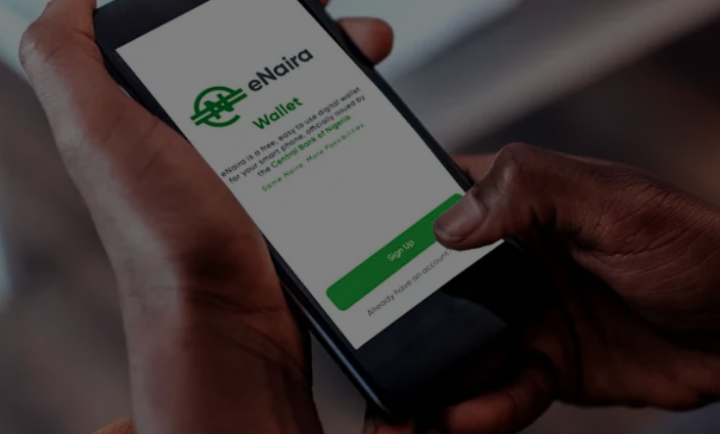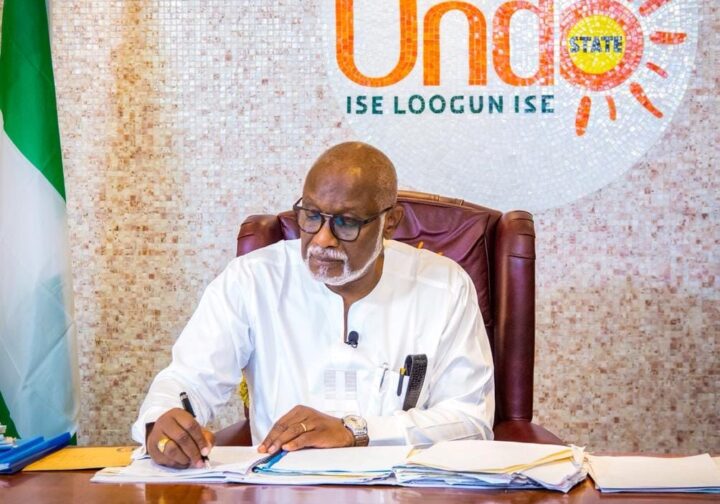The International Monetary Fund (IMF) says there is a need to manage cyber security and operational risks associated with the eNaira, Nigeria’s new central bank digital currency (CBDC).
IMF said the eNaira is expected to increase financial inclusion and facilitate remittances, but potential risks will need to be addressed.
Jack Ree, an economist at the IMF’s African department, said this in an article titled ‘Five Observations on Nigeria’s Central Bank Digital Currency’, and released on Tuesday.
“Like digital currencies elsewhere, the eNaira carries risks for monetary policy implementation, cyber security, operational resilience, and financial integrity and stability,” the statement reads.
Advertisement
“For example, eNaira wallets may be perceived, or even effectively function, as a deposit at the central bank, which may reduce demand for deposits in commercial banks.
“Relying as it does on digital technology, there is a need to manage cybersecurity and operational risks associated with the eNaira.”
The IMF, however, explained that Nigerian authorities have taken “measures to manage the risks”.
Advertisement
According to the financial institution, the transfer of funds from bank deposits to eNaira wallets is subject to daily transactions and balance limits to mitigate risks of diminishing the roles of banks and other financial institutions.
“Financial integrity risks, such as those arising from the potential use of the eNaira for monetary laundering, are mitigated by using a tiered identity verification system and applying more stringent controls to relatively less verified users,” the statement adds.
“For example, for now only people with a bank verification number can open a wallet, but over time coverage will be expanded to people with registered SIM cards and to those with mobile phones but no ID numbers.
“The latter categories of holders would be subject to tighter transactions and balance limits. Even so, wallet holders who meet the highest identity verification standards cannot hold more than 5 million naira (about $12,200) each in their eNaira wallets.
Advertisement
“To address cybersecurity risk, regular IT security assessments are expected to be conducted.”
The Bretton Woods institution said that the launch of the eNaira has attracted a “substantial interest from the outside world—including from central banks” due to the “size and complexity of Nigeria’s economy.”
The institution also disclosed that its monetary and capital markets department was involved in the eNaira rollout process, including by providing reviews of the product design.
The IMF further assured that it remains available to help with technical assistance and policy advice.
Advertisement
“The 2021 IMF Article IV mission emphasized the need for monitoring risks and macro-financial impacts associated with a central bank digital currency,” the statement adds.
“The IMF is ready to collaborate with the authorities on data analysis, cross-country studies, sharing the eNaira experience with other countries, and discussing further evolution of the eNaira including its design, regulatory framework, and other aspects.”
Advertisement
Add a comment






